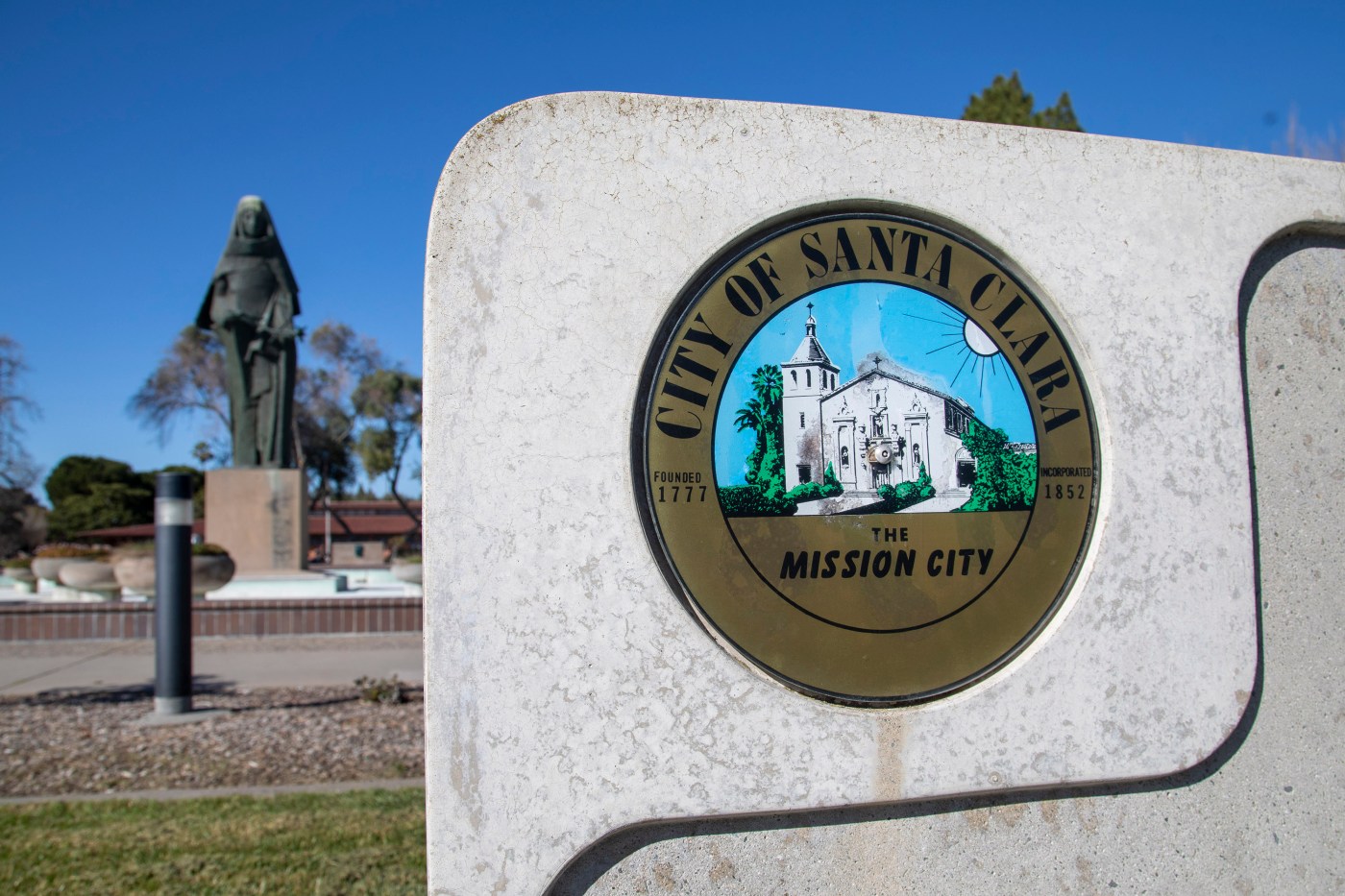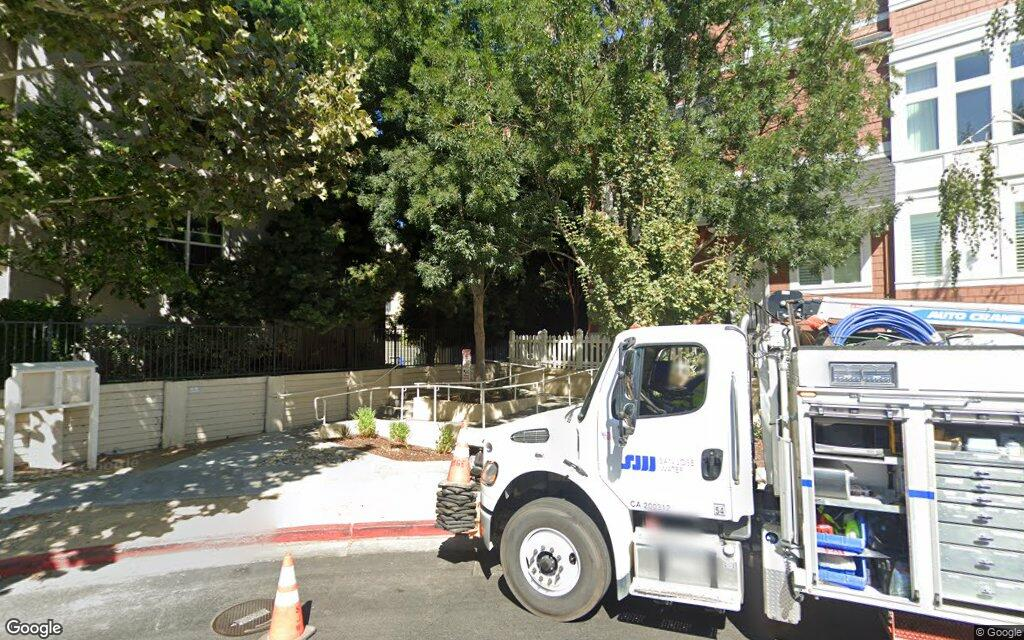California was recently ranked the most expensive state to start a new business. For that reason, it’s crucial lawmakers seize opportunities that would lower costs and make it easier for entrepreneurs in the state to get off the ground.
One golden opportunity is Assemblymember Liz Ortega’s recently introduced bill — AB 1065 — that would prevent credit card giants from charging interchange fees on sales taxes and tips. If passed, the measure would deliver over a billion dollars in savings to California’s four million small businesses, including mine.
Policymakers in Sacramento should take advantage of this unique opportunity to reform our broken credit card system and send the bill to the governor’s desk.
Most consumers don’t realize that every time they use a credit card — whether it’s buying a book at my bookstore or fueling up at the local gas station — the merchant must pay a fee to the card issuer and bank. Called a “swipe fee,” this hidden tax typically ranges from 2% to 4% of the total purchase amount.
“Swipe fees” were initially introduced to offset the cost of processing a credit card transaction. But decades later — while technology has continued to advance and transaction costs have decreased — these fees continued to climb. To put a number to it, small businesses across the U.S. paid $148 billion in “swipe fees” just last year.
The downstream effects of this practice are significant. While businesses are being gouged, so too are many consumers. It was found that the average American family pays an additional $1,200 annually due to costs associated with “swipe fees.”
Consolidation in the payments arena is largely to blame for this dynamic.
Visa and Mastercard control eighty percent of the credit cards on the market, which grants them the power to raise “swipe fees” with minimal pushback. While business owners like me fight tooth and nail to keep our businesses afloat, Visa and Mastercard enjoy profit margins as high as 50%.
Fortunately, California lawmakers at both the state and federal levels have started to catch on to this scheme and are considering bills that would chip away at Visa and Mastercard’s dominance over the payments industry.
In Sacramento, Assemblymember Ortega’s AB 1065 would prevent credit card networks from charging “swipe fees” on sales taxes and tips. If passed, small business owners in the state would enjoy an estimated $1.7 billion in savings. That’s money that can be reinvested back into communities — whether it’s in the form of lower sticker prices or expanding inventory.
Meanwhile, on the federal side, a soon-to-be-reintroduced bill called the Credit Card Competition Act would lower “swipe fees” in all 50 states by injecting competition into the credit card ecosphere. Sponsored by a bipartisan coalition of lawmakers like Sens. Dick Durbin of Illinois and Roger Marshall of Kansas, the legislation would require banks with over $100 billion in assets to include a second processing network beyond Visa and Mastercard on the credit cards they issue to consumers.
By doing so, these networks can charge lower “swipe fee” rates, competing for a merchant’s business. This would compel Visa and Mastercard to lower their “swipe fees” — saving merchants as much as $16 billion. It’s no surprise that nearly four out of five small business owners support the measure.
Whether in Sacramento or Washington, D.C., California lawmakers have a chance to throw small businesses a lifeline by passing meaningful “swipe fee” reform. It’s time to level the playing field and give Main Street a fair shake.
Alvin Orloff is the owner of Fabulosa Books in San Francisco.





